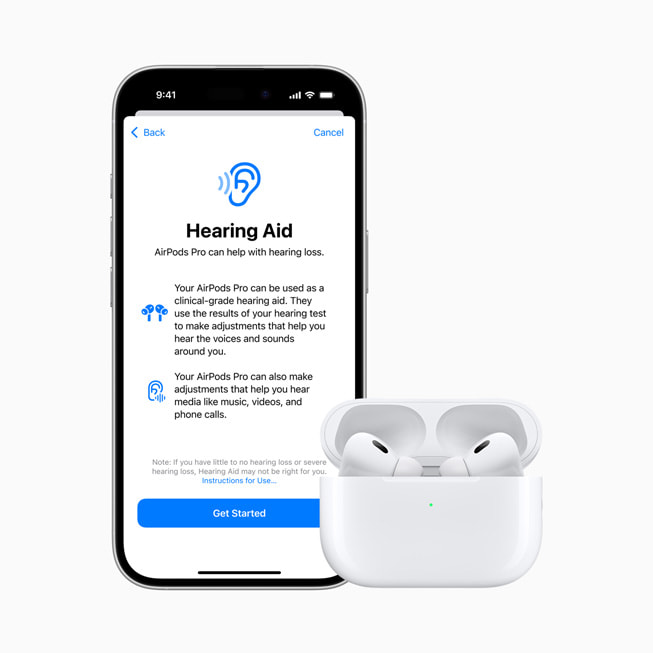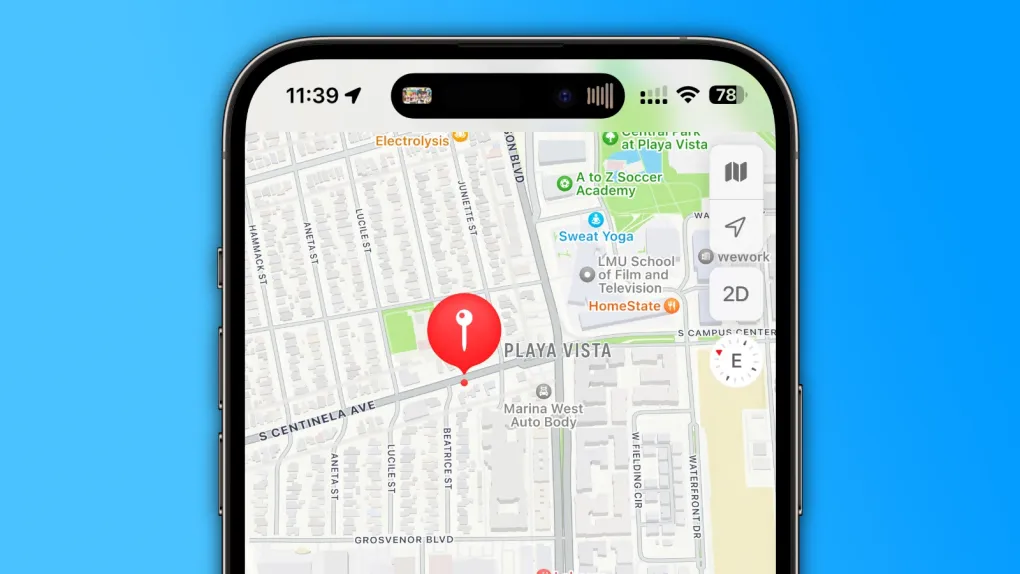Apple is pushing back against the UK government’s plan to update its Investigatory Powers Act, which lets police and spy agencies secretly access private messages. The tech giant argues that these changes, especially those affecting encryption—the tech that keeps our online chats safe—shouldn’t happen behind closed doors. Instead, Apple wants the public to have a say.
The UK says the updates are needed to catch criminals and protect people, but Apple warns that weakening encryption could harm everyone’s privacy. If companies like Apple are forced to unlock messages for the government, hackers or other bad actors might find ways to break in too. This could put sensitive info, like bank details or personal talks, at risk.
Apple points out that it already works with law enforcement when asked, but only within clear rules that respect user privacy. The company fears the new law might give the government too much power to snoop without anyone knowing. For example, the rules could force tech firms to change their apps secretly, leaving users in the dark.
The company’s stance is simple: encryption keeps us safe online, and any changes to it should be open for debate. Apple’s not alone—other tech players and privacy groups agree that hidden changes are a bad idea. They’re calling for the UK to let people weigh in before rushing ahead.
This isn’t just a UK issue. How this plays out could affect privacy laws worldwide. Apple’s urging the government to slow down, talk it out, and make sure the public’s voice is heard. After all, it’s our data on the line.






